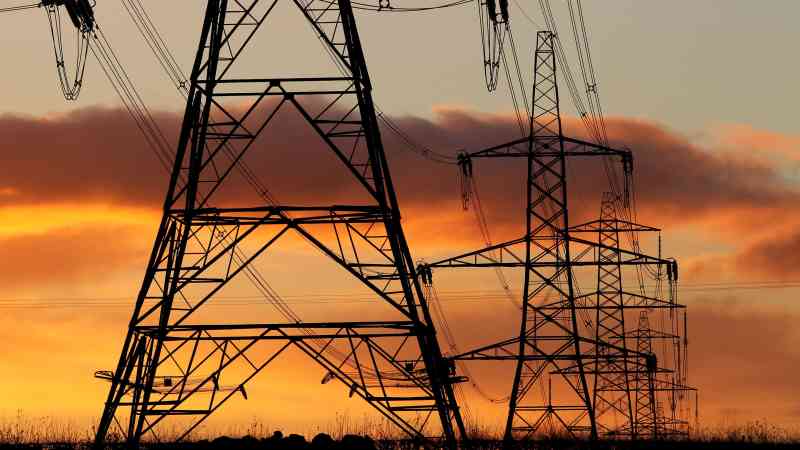The energy regulator laid the ground for another showdown with network companies as it unveiled plans to cut the returns of power distribution networks.
Ofgem is already facing a Competition and Markets Authority referral from electricity transmission network and gas pipeline owners over its plans to curb their takings over the five years from next month.
Undeterred, the regulator said that it intended to take similar action on distribution networks, for whom the next price control settlement begins in 2023. The proposals would affect SSE, ScottishPower, UK Power Networks, Northern Powergrid, Electricity North West and Western Power Distribution.
Ofgem said that it intended to cut their returns by a third to about 4.4 per cent based on its “working assumptions” and today’s market conditions. This is in line with the 4.3 per cent return it ended up at for the other network companies, which are challenging it at the competition watchdog.
Monopoly network companies that operate and build Britain’s pipes and wires derive their revenues from levies on energy bills that are determined by the regulator through multiyear price control settlements. They account for about £250 on a typical annual household energy bill.
The next electricity distribution price control is expected to require a significant increase in investment to upgrade Britain’s networks to cope with the shift to electric vehicles and the adoption of electric heating.
Ofgem said: “To offset the increased investment and make sure that consumers pay a fair price, Ofgem has confirmed it will significantly lower the proportion of money that goes back to network company shareholders.”
It said that the proposed returns were a “working assumption, and not a decision on the final allowed returns for the 2023 price control”.
Ofgem insisted that its proposed cut to returns and other changes it set out yesterday would, “all other things being equal, reduce companies’ average annual revenues compared to current levels”. It said this could involve a 9 per cent reduction in the electricity distribution element of charges on bills, or saving about £2 billion if investment levels remained similar to the present period. In practice, that saving is likely to be eroded given that Ofgem is expecting increased investment.
Jonathan Brearley, Ofgem’s chief executive, said: “Our price control for local electricity networks paves the way for turning Britain’s streets green, unlocking the investment needed to support the UK, Scottish and Welsh government climate change targets, particularly around the electrification of transport.”
